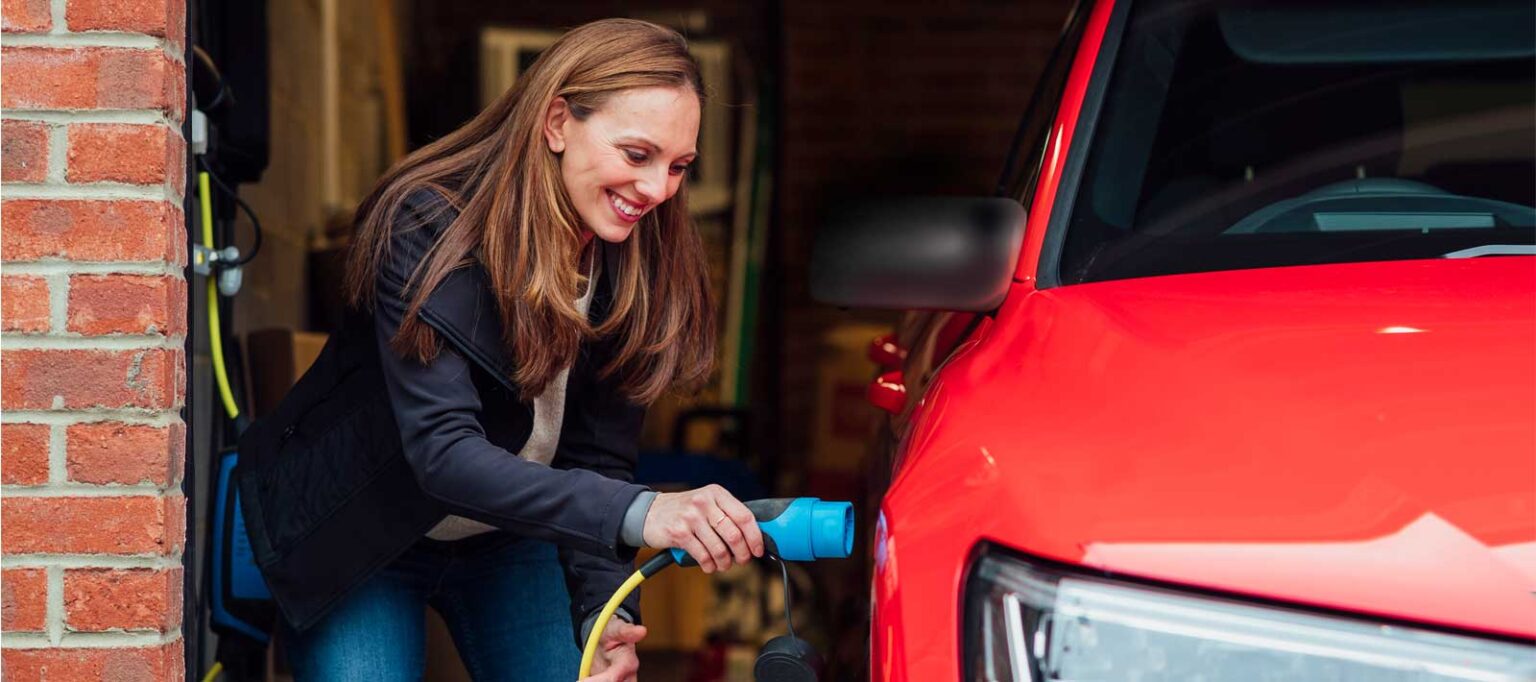Diesel, hybrid and electric cars need less upkeep than a traditional combustion engine, but that doesn’t mean they don’t need any service.
Fortunately, Tunex can help you take care of your vehicle no matter what kind of vehicle you drive. The basics are outlined below, but please let us help you maintain your vehicle. We provide convenient, reliable service at a fair price. Maintenance has always been important, but it is more important than ever because more electric and hybrid vehicles are on the road.
Diesel Engines
Diesel engine maintenance focuses on:
- Cleaning the engine. Dirt and dust affect fuel efficiency and shorten the motor’s life. Road salt corrodes the engine and accelerates rust. Since diesel engines generally last longer than gas engines, they also get dirtier and need to be cleaned regularly. We can take care of this for you.
- Replacing the air filter. It should be replaced at least every 12,000 miles because a clogged filter prevents the engine from working correctly and increases engine wear. If the engine has less power or weak acceleration, the problem might be a clogged air filter. Let us replace it.
- Getting a radiator exchange service every 40,000-60,000 miles. Diesel engines get hotter than gas motors. The radiator prevents the overheating that might warp cylinders and gaskets in the engine, and the engine will eventually fail if the radiator isn’t working correctly. If you notice fluid under your diesel vehicle that is orange or green, you smell maple syrup, or you see steam coming from under the hood, have us check it out.
- Replacing the fuel filter. Diesel engines usually have one primary filter between the gas tank and the engine and a secondary filter between the fuel injectors and the transfer pump. Some manufacturers build the engine with two filters to deal with the condensed water in the tank. If either filter is clogged, the horsepower can decrease, the engine stall and the fuel injectors explode. We generally prefer to replace both fuel filters for you every 10,000-15,000 miles, but the exact timing depends on the manufacturer’s recommendation.
Hybrid Engines
Hybrid vehicles are built for performance or fuel economy. The hybrid powertrain consists of a gas or diesel internal combustion engine and electric motors; the gas or diesel engine requires the same regular maintenance as a conventional vehicle. However, the fuel-burning engine experiences less engine wear, thanks to the assist it gets from the electric motors, and regenerative braking extends the life of the brakes.
Maintenance costs are generally the same as they would be for any vehicle with a diesel or gas engine. Expect the need for regular oil changes, belt replacements, tire alignments and tire replacements.
Follow the manufacturer’s recommended service intervals. If you bring your hybrid to us, we will be glad to help it function at its best.
Electric Engines
Service costs are cheaper for electric engines than for gas or diesel engines. How much cheaper? Since you don’t have to pay for oil changes, tune-ups, cooling system flushes, air filter replacements, transmission service, or spark plug and drive belt replacements, all the money you would have spent on those items stays in your pocket.
However, less maintenance is not the same as no maintenance. Electric vehicles need periodic mechanical checks done by trained experts like us. We are also happy to help with simple maintenance such as air pressure in the tires, making sure windshield washer fluid is topped off and changing wiper blades.
- Let us check the tire pressure and the windshield washer fluid once a month.
- We can change your windshield wiper blades every 15,000 miles.
- Let us replace the cabin air filter at least every 36,000 miles.
- One or more lift support gas struts should be replaced every 75,000 miles.
- The vehicle coolant circuits should be drained and filled every five years. At the same time, let us replace the brake fluid.
- The air conditioning desiccant needs to be changed every seven years.
Other components will have to be replaced at some point: the tires, the breaks, steering and suspension parts, hoses, headlights and so on. Also, align the wheels.
If you own an EV long enough, the battery performance will eventually decline. The exact cost depends on which battery you need to buy. But most EV batteries are designed for a long enough life that if the battery starts to degrade, it may be time to replace the entire car anyway.




